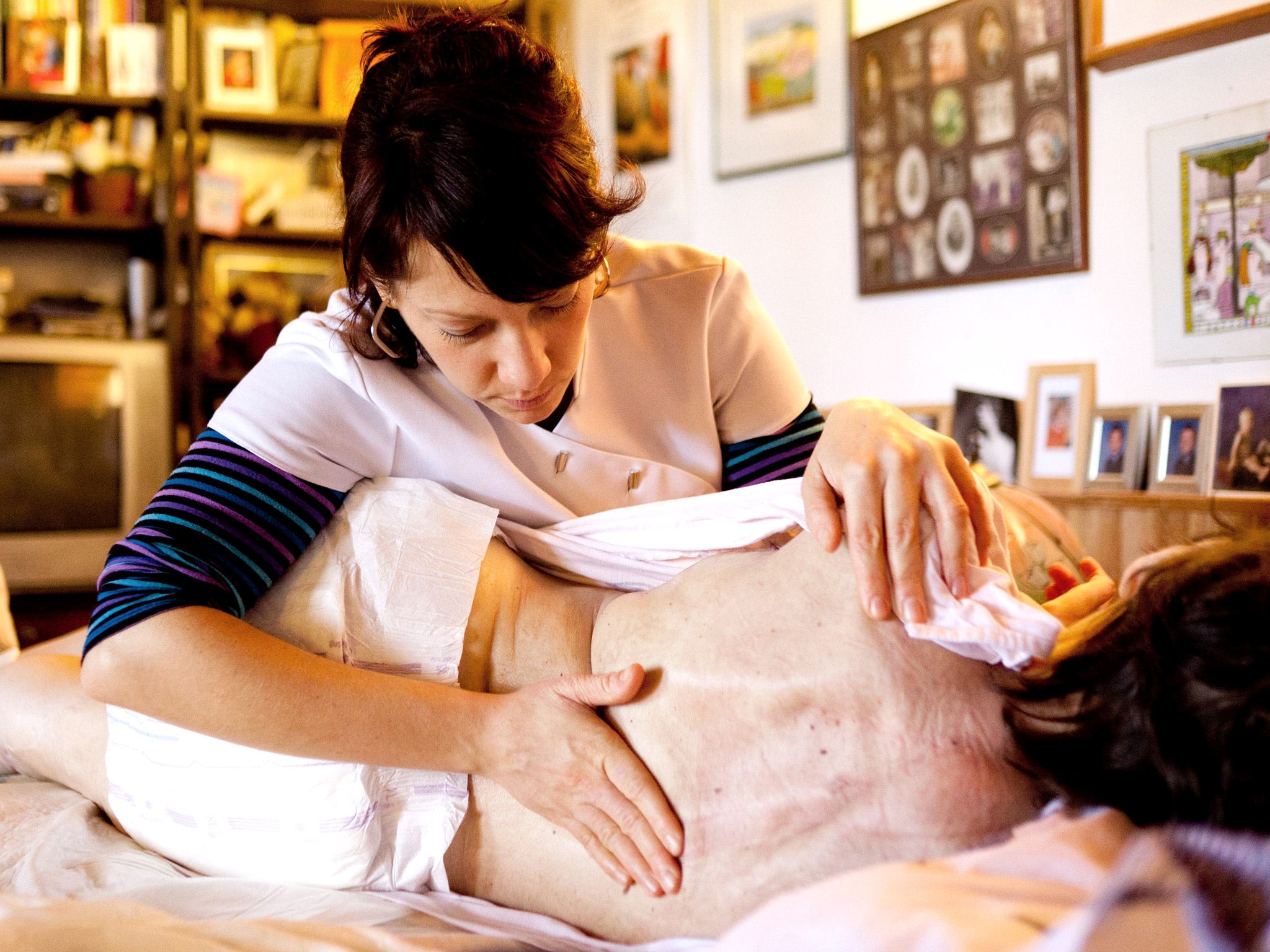Scientists proclaim MS treatment breakthrough after dramatic test results - but with small group so far
Therapy involves extracting patient's white blood cells that are mixed with proteins and re-infused

Your support helps us to tell the story
From reproductive rights to climate change to Big Tech, The Independent is on the ground when the story is developing. Whether it's investigating the financials of Elon Musk's pro-Trump PAC or producing our latest documentary, 'The A Word', which shines a light on the American women fighting for reproductive rights, we know how important it is to parse out the facts from the messaging.
At such a critical moment in US history, we need reporters on the ground. Your donation allows us to keep sending journalists to speak to both sides of the story.
The Independent is trusted by Americans across the entire political spectrum. And unlike many other quality news outlets, we choose not to lock Americans out of our reporting and analysis with paywalls. We believe quality journalism should be available to everyone, paid for by those who can afford it.
Your support makes all the difference.Scientists are claiming a breakthrough in the treatment of multiple sclerosis after an experimental therapy given to a small group of patients had dramatic results.
The therapy involved extracting white blood cells from the patients which were mixed with proteins and re-infused producing a 50-75 per cent reduction in the body's immune response.
In multiple sclerosis the immune system attacks the myelin sheath that surrounds the nerve fibres causing symptoms ranging from numbness to paralysis.
The new therapy halted the destruction of myelin without affecting the rest of the immune system.
The patients were treated in Hamburg, Germany, using the therapy which is the outcome of 30 years laboratory research. It was tested for safety on nine patients by a joint team from North Western University in Chicago, the University Hospital, Zurich and the University Medical Centre, Hamburg.
With such a small number of patients testing the therapy for safety only, it is impossible to draw conclusions about its effects. But the researchers found the response improved the greater the dose of white blood cells.
Stephen Miller, professor of microbiology-immunology at Northwestern University, said: "The therapy stops autoimmune responses that are already activated and prevents the activation of new autoimmune cells. Our approach leaves the function of the normal immune system intact. That is the Holy Grail."
The researchers need to raise $1.5 million to launch a larger trial of the treatment which has been approved in Switzerland . Earlier studies showed the treatment halted multiple sclerosis in mice.
The researchers say the therapy could be effective in other diseases including diabetes, asthma and peanut allergy.
Commenting on the findings, published in Science Translational Medicine, Professor Paul Matthews, Head of Division of Brain Sciences at Imperial College London, said "much more work" was needed to demonstrate the therapy was effective in multiple sclerosis.
"Nonetheless, it is important to pursue this approach as it still promises a way of harnessing the body's own controls to selectively and more safely stop the disease than is possible now."
Dr Susan Kohlhaas, Head of Biomedical Research, MS Society, said: "Treatments to stop the progression of MS are urgently needed. We eagerly await the results of any future larger clinical trials of this therapy."
Join our commenting forum
Join thought-provoking conversations, follow other Independent readers and see their replies
Comments